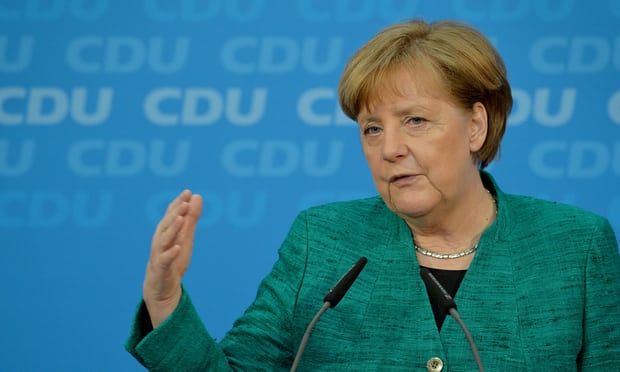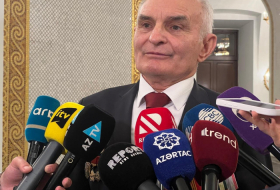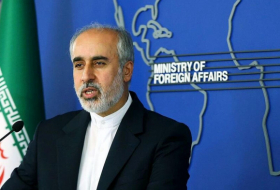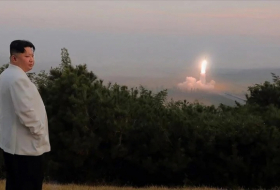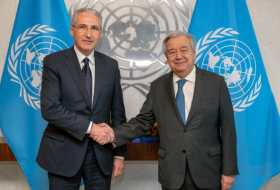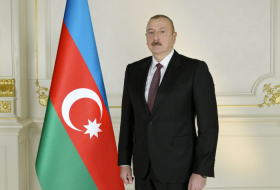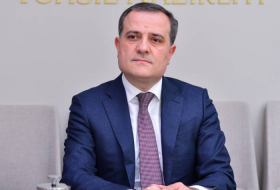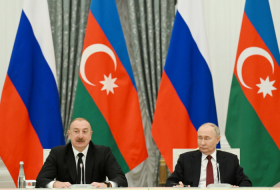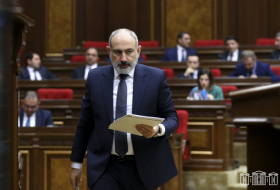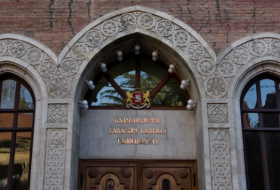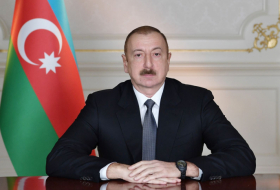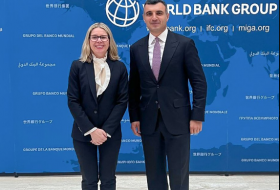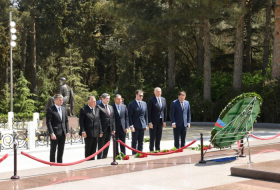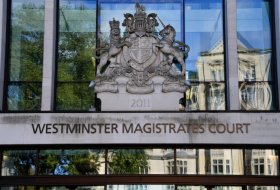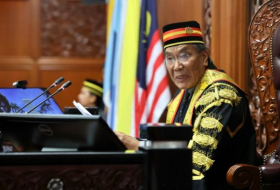The UK will have to “live with the consequences” of Boris Johnson ditching Theresa May’s plan to maintain close economic ties with the EU after Brexit, Angela Merkel has said, hardening her tone over the prospect of a no-deal scenario at the end of the year.
After more than three years in which the German chancellor repeatedly emphasised her openness to a deal that would maintain the UK’s current flows of trade with the bloc, she suggested the door leading to such a compromise had now closed.
“We need to let go of the idea that it is for us to define what Britain should want,” Merkel said in a wide-ranging interview with a small group of European newspapers, including the Guardian. “That is for Britain to define – and we, the EU27, will respond appropriately.”
Speaking days before Germany takes over the EU rotating presidency, Merkel made clear that her priority was instead to push through a pandemic rescue plan to stop Europe’s economy sliding into the worst slump since the 1930s.
Coming in the week of the fourth anniversary of the Brexit referendum, the change of rhetoric from within the chancellory also appears to quash renewed speculation in the British press that Merkel could seek to soften Brussel’s red lines to secure a last-minute deal.
“With Prime Minister Boris Johnson, the British government wants to define for itself what relationship it will have with us after the country leaves,” Merkel said. “It will then have to live with the consequences, of course, that is to say with a less closely interconnected economy.
“If Britain does not want to have rules on the environment and the labour market or social standards that compare with those of the EU, our relations will be less close. That will mean it does not want standards to go on developing along parallel lines.”
Negotiations between the UK and EU are in deadlock over whether Britain needs to tie itself to the EU’s developing state aid rules and common environmental, social and labour standards in return for a zero-tariff trade deal.
Merkel’s ambassador in Brussels, Michael Clauss, recently said he expected Brexit to command most of the political attention in the autumn, fanning British hopes that Germany’s six-month EU council presidency could push the negotiations back to the top of the political agenda before the extension period ends on 31 December.
The Guardian
More about: UK








